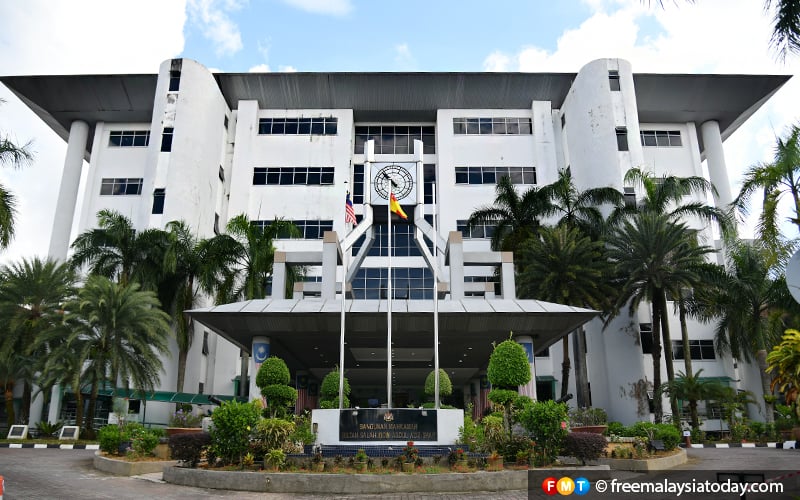
SHAH ALAM: The High Court here has declared two sisters with a Muslim maternal grandmother as being of the Hindu faith.
Judicial commissioner Choong Yeow Choy ordered the national registration department (JPN) to issue identity cards to the siblings – identified only as NAT and SAT – reflecting their actual religious status.
“Based on the evidence before this court, it is of the considered view that the plaintiffs (the siblings) have made out their claim on a balance of probabilities,” Choong said in his 18-page judgment yesterday.
He also ordered the defendants, JPN and the Selangor Islamic Religious Council (Mais), to each pay RM10,000 in costs to the plaintiffs.
NAT and SAT, who are college students, had identified themselves as being of the Hindu faith when they applied to JPN to be issued with their MyKad.
Their Hindu faith was stated in their birth certificates, following their father’s religion. They also claimed to have been raised as HIndus.
However, JPN insisted on issuing them with MyKads that stated they were Muslims.
JPN claimed NAT and SAT were Muslims by operation of law even though the girls never knew nor met their Muslim maternal grandmother.
Meanwhile, Mais took the position that the civil court had no jurisdiction to determine the siblings’ religious status as it was a case of renunciation that could only be decided in the shariah court.
The defendants also contended that the plaintiffs were born Muslims according to the lineage of their biological mother.
However, Choong said the civil court had jurisdiction to hear the originating summons, filed in 2022, as this was not a case involving the renunciation of the Islamic faith but instead, a dispute as to whether the plaintiffs, aged 20 and 19, are Muslim or Hindu.
The judge said the undisputed facts in this case were that their mother was born out of wedlock from a relationship between the plaintiffs’ maternal biological grandmother, Safiah Othman, a Muslim, and a Hindu man.
Their child, AG, was born out of wedlock and was therefore, deemed an illegitimate child.
AG later married TK in a Hindu religious ceremony but their marriage was not registered.
The judge declared that Section 2(1)(d) in Selangor’s Administration of the Religion of Islam Enactment 2003 did not apply to the plaintiffs as they were illegitimate children.
He said the term “parents” in that provision refer to a couple in a lawful marriage.
“As the plaintiffs in this case are illegitimate children, that section has no application and they cannot be deemed by law as having been born as Muslims,” he added.
Gurdial Singh Nijar, Abraham Au and Lim Sze Han appeared for the plaintiffs while senior federal counsel Sallehuddin Ali represented JPN.
Kamaruzaman Arif and Izzat Dzulkafli represented Mais. - FMT


No comments:
Post a Comment
Note: Only a member of this blog may post a comment.